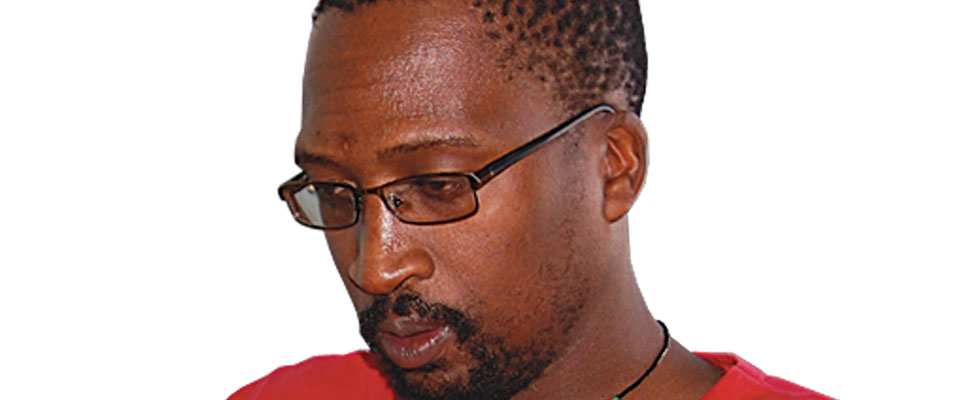
There are many ways of dealing with dire political/economic circumstances.
Takura Zhangazha
The first is always optimism, some of which will be patently false, but predicated on loyalty to someone/something to eventually make everything miraculously alright. Even if for a period as short as 12 months.
The second is to deny that specific circumstances are evidently difficult and are in need of redress. This would include stubbornly and blindly insisting that whatever previous (but obviously ineffective) formula to solve the long standing problem still works.
The third is to claim a decadent realism/pragmatism. This entails making do with whatever corrupt, inefficient system is in place, which would include evading the state and possibly joining the bandwagon.
In some academic circles this is referred to as “disorder as political instrument” where those with power or proximity to it profit from dire political and economic circumstances.
This has been the general tendency of a majority of our political leaders, those closely connected to them and those that have vested business/livelihood interests in the maintenance of the status quo.
The fourth, but sadly rare approach is that which actively seeks to construct an alternative framework to solving the holistic challenges presented by a specific national context.
- Chamisa under fire over US$120K donation
- Mavhunga puts DeMbare into Chibuku quarterfinals
- Pension funds bet on Cabora Bassa oilfields
- Councils defy govt fire tender directive
Keep Reading
This is a preferable approach, but would require a firm understanding of context and reality minus the intention to profit from it.
Where we look at Zimbabwe’s political economy for the year 2015 there are about seven broad realities we will have to confront. These can be explained as follows:
- Mainstream political developments will not improve the economy: Normally it would be expected that any leadership changes to a ruling party or even mainstream opposition means the beginning of a general shift in the political economy of the country. In our case this will not turn out to be a given. The leadership changes at the recently held Zanu Pf congress are no indicators of a change in broader economic policy let alone implementation of what obtains on paper.The same can be argued for the mainstream opposition wherein changes to the leaderships of either factions have not meant a new economic impetus let alone intention to redress issues as the emerge and affect the majority poor in the country. Or even the new Constitution and all the outstanding realignment of laws.
- No one is going to give Zimbabwe a “Marshall Plan’: If in 2014 there was talk of Russian or Chinese “mega deals” these are not going to materialise in any way similar to what the United States did for Europe in the aftermath of the Second World War. Neither are any of our neighbours going to try and “bail us out” in the short term except only if we demonstrate tendencies of political instability.
- Government will force privatisation of social services: This will take the now famil0iar form and phrase of public private partnerships where deals are deliberately vague and also generally lead to shoddy services.The major target for privatisation will be water via local governments and the central Ministry of Environment and Water. Pilot projects will be pursued in Bulawayo, Harare and Mutare.
- Land ownership and usage will be further politicised: The issue of multiple farm ownership will emerge continually within the context of the reconfiguration of patronage with the ruling Zanu PF party and the granting of 100 year leases to multinational corporations for either bio-agriculture or massive mineral extraction (as is the case with Darwendale).
- The informal sector will continue to reinvent itself: As was the case last year, the informal sector will refuse to be harnessed by a State it remains highly suspicious of. Efforts to tax, control and even provide facilities for it will not be taken up with enthusiasm.
- Young Zimbabweans (generically speaking) will continue to seek escape: Youths will continue trying to leave in order to find jobs (no matter how menial) in the region. Particularly in the informal trade sector.Secondly they will also try and seek a basic survival salary in the civil service (teaching, local government) and then work on further survival from there.The third option will be joining the security services (police, central intelligence, army). If they are to engage in political activities it will be to either fit into the already existent patronage system.
- There may be one or the other rare occasion: Some of the young Zimbabweans may decide to pursue bringing the state to account on the basis of social democratic values, principles and objectives.
Takura Zhangazha writes here in his personal capacity (takura-zhangazha.blogspot.com)











